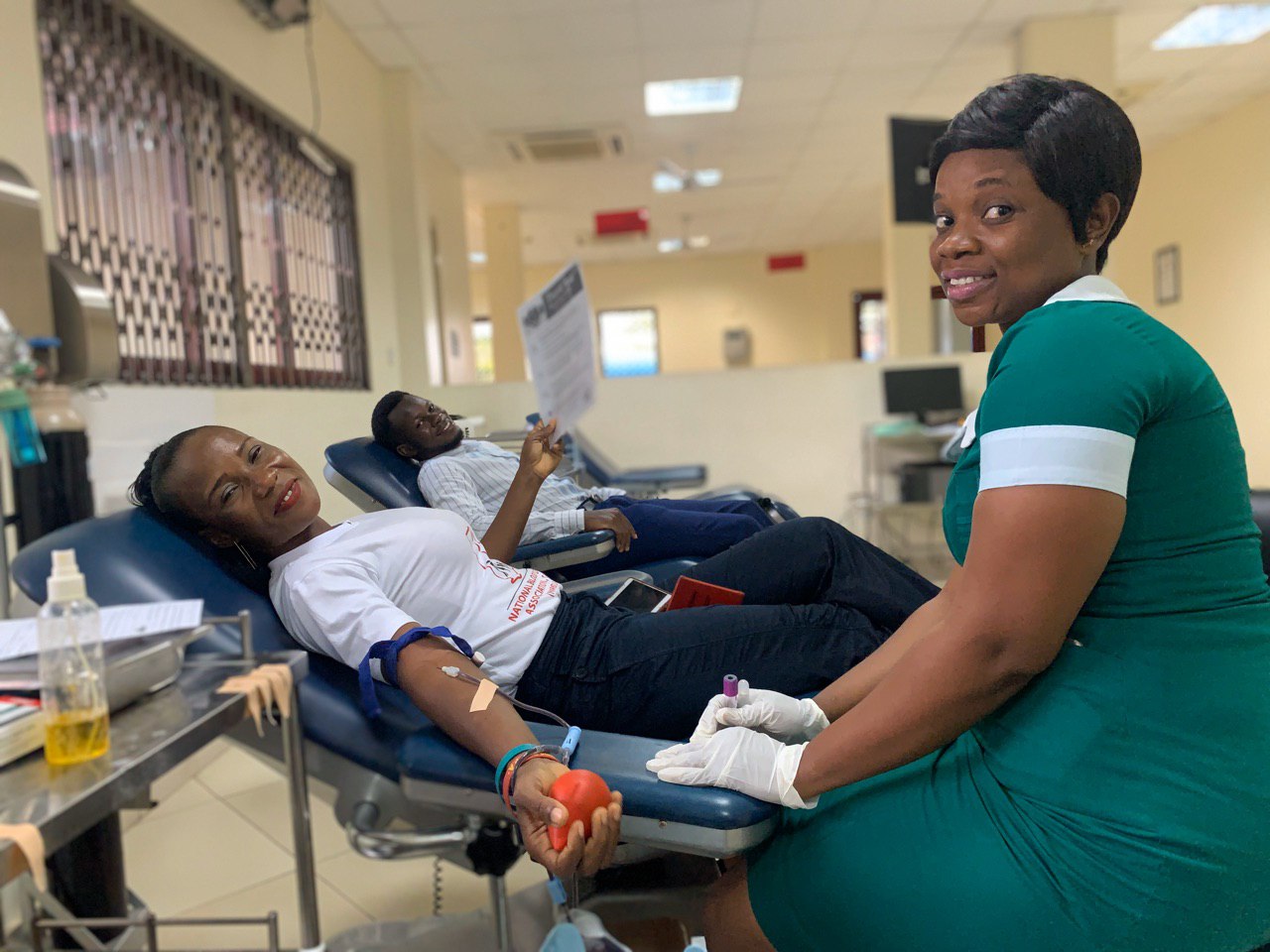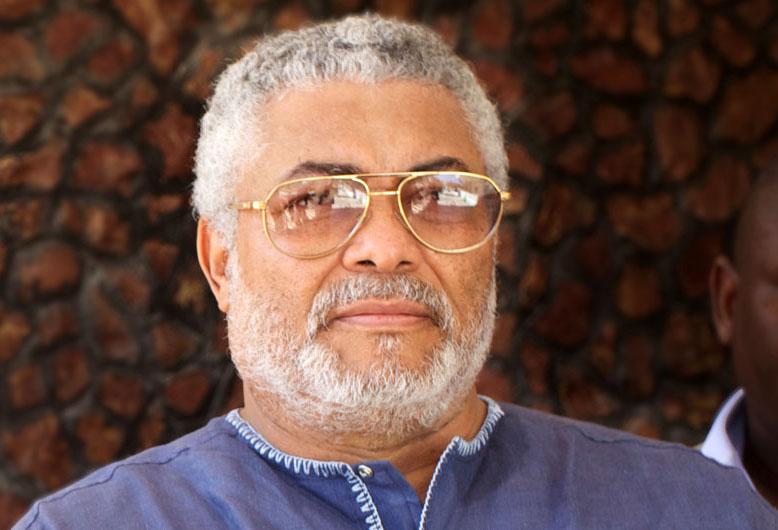Who Can Give Blood?

The World Health Organization (WHO) has said blood donation is a precious lifesaving gift and repeat donation is the key to building a safe and sustainable blood supply.
Despite that, not all are eligible to make blood donations.
People are permitted only when they are in good health and satisfy basic requirements like age, weight, behaviours, etc.
Age
A donor must be between the ages of 18 and 65 to be eligible according to the WHO.
Weight
A donor must weigh at least 50 kg.
Health
You must be in good health at the time you donate.
According to WHO, one cannot donate if he/she has a cold, flu, sore throat, cold sore, stomach bug or any other infection.
Also, a person who has recently had a tattoo or body piercing cannot donate 6 months from the date of the procedure. If the body piercing was performed by a registered health professional and any inflammation has settled completely, he/she can donate blood after 12 hours.
Additionally, a person who has undergone a minor dental procedure must wait 24 hours before donating and a month for a major procedure.
One is not permitted to donate blood if he/she does not meet the minimum haemoglobin level for blood donation- on average, a haemoglobin level of not less than 12.0 g/dl for females and not less than 13.0 g/dl for males is the threshold.
Behaviours
One cannot donate if he/she has engaged in “at risk” sexual activity in the past 12 months; Has ever had a positive test for HIV (AIDS virus); and has ever injected recreational drugs.
Pregnancy and breastfeeding
Pregnant and lactating mothers are discouraged from donating blood.
“It is not advisable to donate blood while breastfeeding. Following childbirth, the deferral period is at least 9 months (as for pregnancy) and until 3 months after your baby is significantly weaned (i.e. getting most of his/her nutrition from solids or bottle feeding).”







